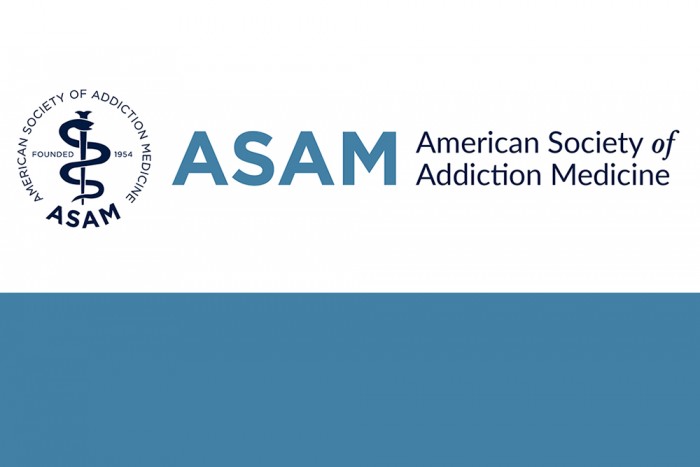As ASAM Implementation Nears, D&A Providers Remain Frustrated, Concerned
In early 2017, the Pennsylvania Department of Drug and Alcohol Programs (DDAP) announced the beginning of a major transition to the ASAM Criteria, a comprehensive set of guidelines governing the level of care most appropriate for patients and the services provided at those levels. Improved quality of care through outcome-oriented and results-based treatment was among the many changes this transition promised.
DDAP cited several reasons for the change, from ensuring the necessary federal Medicaid funding through an 1115 waiver to support the continuation of residential services, to the consistency that the most widely used system would bring to the Pennsylvania provider and payer world.
Today, the commonwealth’s addiction treatment system is little more than four months away from DDAP’s July 1 deadline for implementation, yet providers still have questions about the specifics of many of the changes taking place. Some of these changes go beyond ASAM Criteria, creating additional questions and confusion.
And as providers analyze the cost implications of the change, driven by increases in required treatment services, decreases in counselor-to-patient ratios, and requirements for more highly trained counselors, therapists, and doctors, it is becoming clear to them how significant those costs will be. With no plan from the commonwealth to increase reimbursement rates to cover these mandates and a funding environment in which reimbursement is already often inadequate in comparison to costs, providers are frustrated. Some have lamented the possible closure of facilities because of the exorbitant cost increases. Yet perhaps most troubling, at a time when the Covid pandemic is helping to drive overdose deaths to a level not seen since the peak of the opioid overdose death epidemic in 2017, these costs could limit patient access to care.
Despite these issues, RCPA drug and alcohol treatment provider members support efforts to increase quality in Pennsylvania’s addiction treatment system. They recognize the strength of the ASAM Criteria. But to put their full support behind ASAM, they need reimbursement increases to cover the costs and favorable resolution of the mandates that go beyond the ASAM Criteria in a way that seriously considers provider input.
RCPA enjoys and appreciates strong working relationships with DDAP, the Department of Human Services and its Office of Mental Health and Substance Abuse Services, county drug and alcohol administrators, and the commonwealth’s Medicaid managed care organizations. In the spirit of avoiding any unintended consequences and ensuring a quality system is available to continue to treat all Pennsylvanians in need of addiction treatment services at all levels of care, RCPA will continue to collaborate with these groups to highlight the issues and identify and work toward solutions, all the while bringing to bear its resources to effect these changes on behalf of its members.










